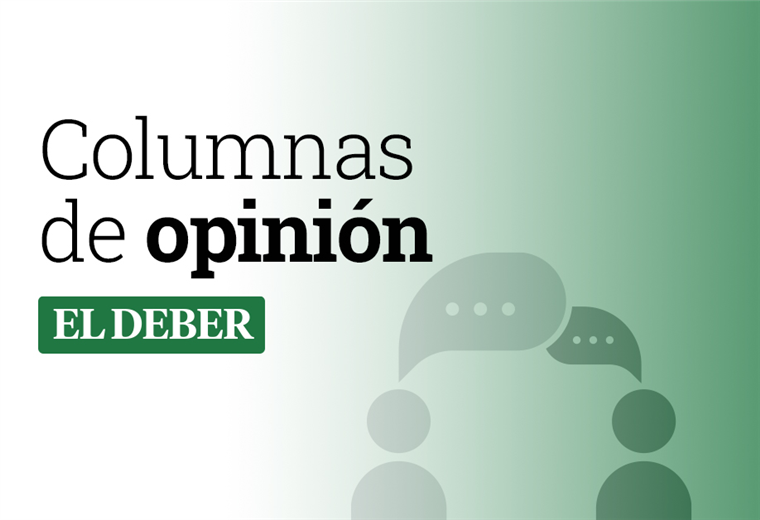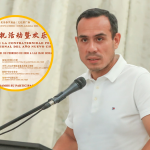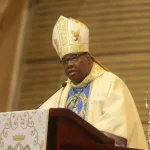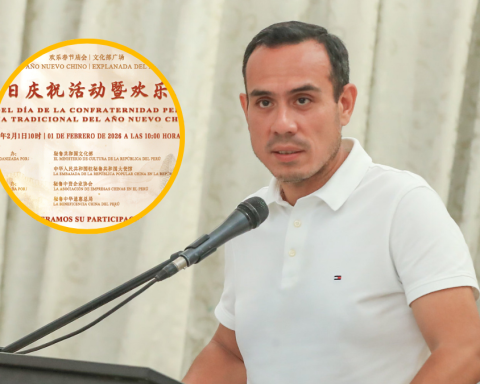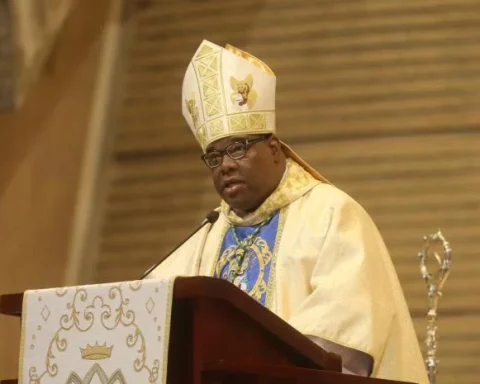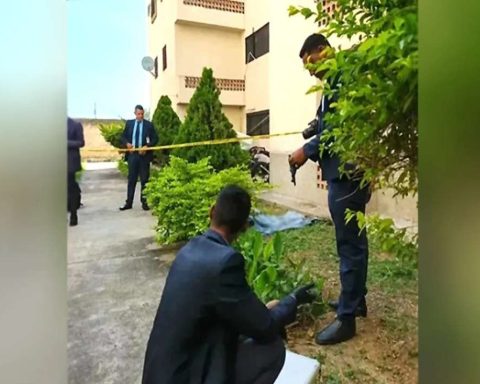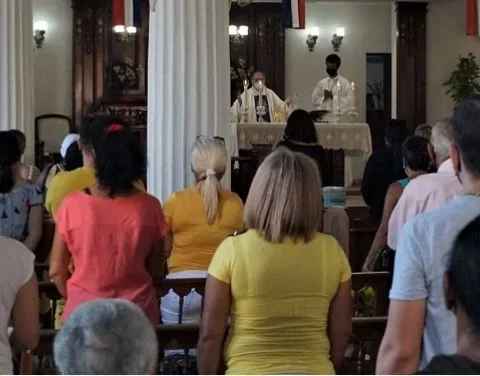August 30, 2024, 4:00 AM
August 30, 2024, 4:00 AM
The proposal to hold a referendum to modify Article 146, Section I of the Political Constitution of the Plurinational State of Bolivia has sparked intense debate in the political and legal sphere. This article, which regulates the re-election of members of the Plurinational Legislative Assembly, is a fundamental pillar in the structure of Bolivian legislative power, and any modification to its wording has profound implications for the balance of power and democratic continuity in the country.
From a constitutional perspective, it is vital to analyze this proposal within the framework of the theories of constituent power and the block of constitutionality. The constituent power, which according to Sieyès and Dalmau resides originally in the people, is the one that has the power to create or modify a constitution. In Bolivia, this power is materialized through specific mechanisms established by the Constitution itself, which guarantee that any constitutional change reflects the sovereign will of the people and respects democratic principles.
The theory of the block of constitutionality, which includes norms and principles of constitutional rank, even if they are not explicitly mentioned in the constitution, is also crucial in this analysis. In Bolivia, the block of constitutionality incorporates international treaties on human rights and other regulations that, by their content, reinforce the rule of law and democratic values. Any reform proposal must be evaluated in light of these standards to ensure that fundamental rights are not violated or the constitutional order is not substantially altered.
The Departmental Electoral Tribunal (TED) has issued a significant warning: as drafted, the referendum question does not fit a Presidential Initiative Referendum, but would require an Approving Constitutional Referendum. This type of referendum, according to the Constitution, must be called by popular initiative or by a law approved by two-thirds of the Plurinational Legislative Assembly. This distinction is not trivial, as it directly affects the legitimacy of the process and the way in which the derived constituent power is interpreted.
The TED’s warning highlights a critical point: the proposed procedure could contravene established constitutional mechanisms, thereby putting at risk the validity and acceptance of the referendum result. Respect for legal procedures is not simply a matter of formality, but is essential to ensure that any constitutional change is legitimate and faithfully reflects the will of the Bolivian people.
In conclusion, the proposal for a referendum to modify Article 146, Section I of the Constitution must be carefully reconsidered. It is essential that any constitutional reform in Bolivia be carried out with full respect for the established norms and considering the theories of constituent power and the block of constitutionality. Only in this way can it be ensured that the process is not only legal, but also legitimate and democratic, strengthening the power structure and the continuity of democracy in the country.
